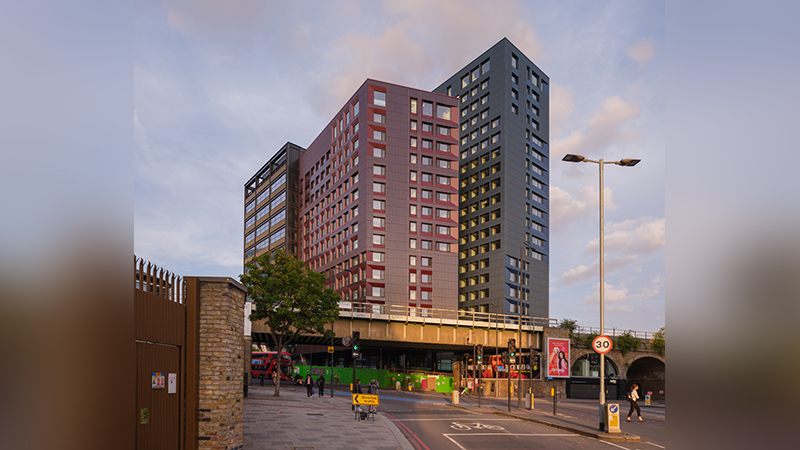 If you think you are going to come back to an unmanageable amount of e-mails after your summer break, just imagine what our new government will have to contend with on Monday.
If you think you are going to come back to an unmanageable amount of e-mails after your summer break, just imagine what our new government will have to contend with on Monday.
Theresa May took over the running of the country on 13 July. She rapidly reshuffled the Cabinet and then a month later took off on holiday. There were just nine days between her appointment as prime minister and the start of recess. But now she is back and on Monday work starts proper.
And by George is there a lot of work to be done.
How the UK operates outside of the European Union will undoubtedly be at the top of the to do list – and rightly so – but before the vote to Brexit, there was a raft of property-related policies that looked set to be introduced. The Neighbourhood and Planning Bill, starter homes regulations, business rates, direct commissioning, permitted development rights… I could go on.
What will happen to these as government works out our Brexit, prepares for the conference season – Labour kicks off on 25 September and the Conservatives on 2 October – pulls together the Autumn Statement and then begins its wind-down for the Christmas holiday? How far up the list of priorities are these property policies going to be?
The summer doesn’t always have to mean a slowdown in trading. While property investment may have slowed more than a little over the summer – down by 66% on 2015 in July 2016 to £1.7bn, according to Colliers International, and totalling just £611.5m during August, according to a snapshot analysis of deals on EGi – in some sectors investment rocketed to record levels.
In football, Premier League clubs spent a whopping £1.2bn on players during the summer transfer window, according to analysis from Deloitte’s Sports Business Group. That’s a 34% increase on the previous record of £870m set last summer.
So, while the property investment world may have been quiet this summer, there are still people out there spending money on assets that are viewed as valuable. Assets that they believe will yield a good return. But you have to sweat those assets to make them worth the investment. Sounds oddly familiar.
If cycling really is the new golf, then there can’t have been many of you in real estate who didn’t jump up and down with delight when the British cycling team picked up a dozen medals, six of which were gold, at the Rio Olympics.
Cycling has become synonymous with property over the past few years. In positive ways – we love to network on our bicycles while raising millions of pounds for charity – and in negative ways – the majority of cyclist deaths in London are caused by HGVs, often construction vehicles.
But perhaps property has an even greater and more positive role to play in cycling.
This week Olympic medallists Laura Trott, Jason Kenny, Sir Chris Hoy, Chris Boardman and Mark Cavendish, among others, sent an open letter to the prime minister asking for greater investment in cycling. They want government to invest 5% of its transport spend on making cycling safer and more attractive to commuters and families by improving infrastructure in the UK’s towns and cities. They cite success stories such as Copenhagen and New York, where investment in cycling has also created better places to live and work.
Developers are already having to make buildings cycle-friendly, giving up car parking spaces for secure bike sheds and showers, to attract tenants. Perhaps it is time too for the development and planning community to join with British Cycling and our Olympic medallists to persuade Theresa May to add another policy to her autumn homework.
• To send feedback, e-mail samantha.mcclary@estatesgazette.com or tweet @samanthamcclary or @estatesgazette










